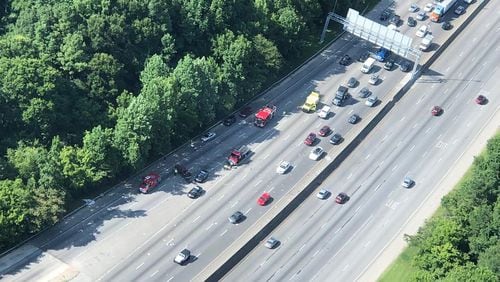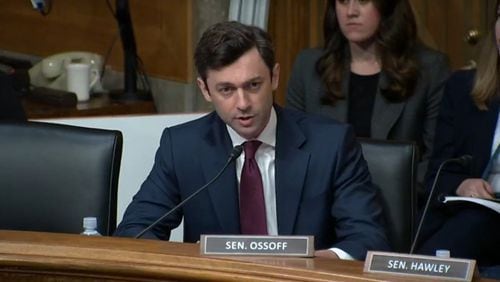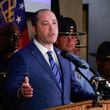In the afterglow of the July 4th fireworks and the exclamations of freedom, thoughts of what freedom really means are top of mind. Some argue that true freedom is an absence of almost all rules. Others argue for numerous rules and laws to ensure safety and fairness. Both viewpoints spill over their bounds and contain both weak and blind spots. This tension is quite apparent in our dealings on the roads.
The 20th-century automotive explosion spread the map and expanded the clocks for many all over the world. Cars meant instant, speedy access; they got people out of the house and to their Point B’s faster. They are the most singular and efficient way to travel for many. They bring the freedom to leave at one’s complete behest and on whatever route one chooses. Most vehicles are costly and bad for the environment, but most people (particularly in these parts) consider the opportunity cost of other methods of travel too much to ditch their cars. And that is perfectly fine. There is almost no place in Georgia where people can live and work without their own transportation, save spending plenty of money on ridesharing or relying on their buddies a bit too much.
But with this freedom comes incredible responsibility. Our nearly unhindered privileges (not rights) to the road go only as far as those of our fellow drivers. When drivers cross the lines of others’ freedoms (both literally and figuratively), conflict and tragedy arise. This is where the rule of law becomes of import.
The recent Hands-Free Georgia Act sparked the freedom debate and the lawmakers had to water down this amended law to pass it. Many Georgia politicians thought the bill’s initial restrictions set the bar too high and many worried about the government infringing on too many rights. These are fair concerns, but they brush aside the fact that distracted driving is an undeniable epidemic. Fatalities, the amount of single-vehicle crashes, and insurance premiums are spiking. And most any driver or passenger admits to seeing others egregiously text and drive. In fact, most complain about it.
Driving is so ubiquitous in our lives that it is instinctive — it’s even become an entitlement. While having a natural feel behind the wheel is a good thing, the urgency and gravity of the responsibility gets lost. Driving is so routine, motorists often forget they are piloting tons-heavy torpedos at speeds their bodies were never created to and have never evolved to withstand. The tendency to do other things is so tempting, because of how easy driving has become.
One day in Atlanta traffic should cure that comfort. Unexpected slow zones, debris, wrecks, stalls, rain and potholes all disrupt that calm familiarity. Other drivers meandering like featherless darts put senses on edge. Yet the temptation to aggressively or listlessly (or both) pilot this freedom rocket often wins over the responsibly needed to safely do so.
Responsibility on the road extends beyond actions beyond the wheel. Take maintenance, for instance.
“It’s important to remember tire safety. Tires are the only part of your vehicle that touch the road and are key to ensuring the safety of your family,” Keith Willcome, project engineer for Bridgestone Americas, told the AJC and WSB. “Bridgestone recommends that drivers check out TireSafety.com for tips on tire and driving safety, or perform this simple at-home test to check your tire tread. Simply place a penny upside down in your tread, and if any part of Lincoln’s head is covered, you should be road ready. If not, it may be time for new tires.”
How many problems have bald tires or blowouts caused? Think about how those affect the freedom of others on the roads and not just the offending driver. Those mistakes even constrict the freedom of the passengers in their own cars. Injuries, damages, deaths — those all hinder liberty.
Freedom can mean many things. Anarchy is the cheap, concentrated version of liberty. All is fun and games until someone gets hurt. On the flip side, an imposed bridle on some citizens can open certain freedoms for others. But the negative effects of that can often outweigh the gained reprieve. A shared understanding of the responsibilities of driving, the needs of others, and the freedoms everyone share can unlock the best and purest kind of freedom. Maybe we should all do better at approaching this great privilege of driving in that manner.
About the Author






